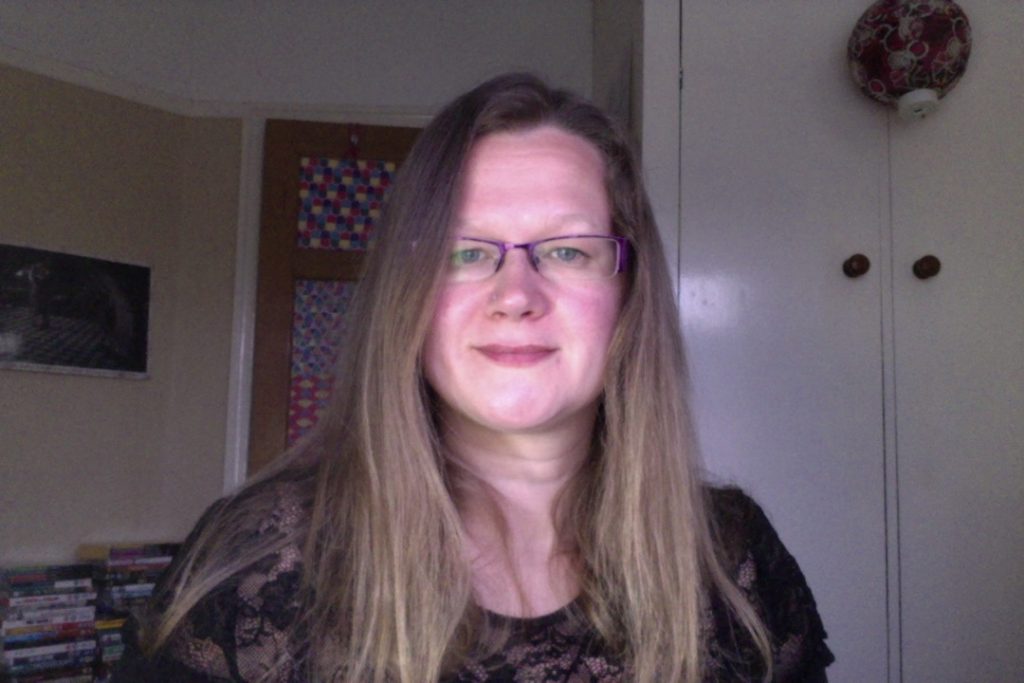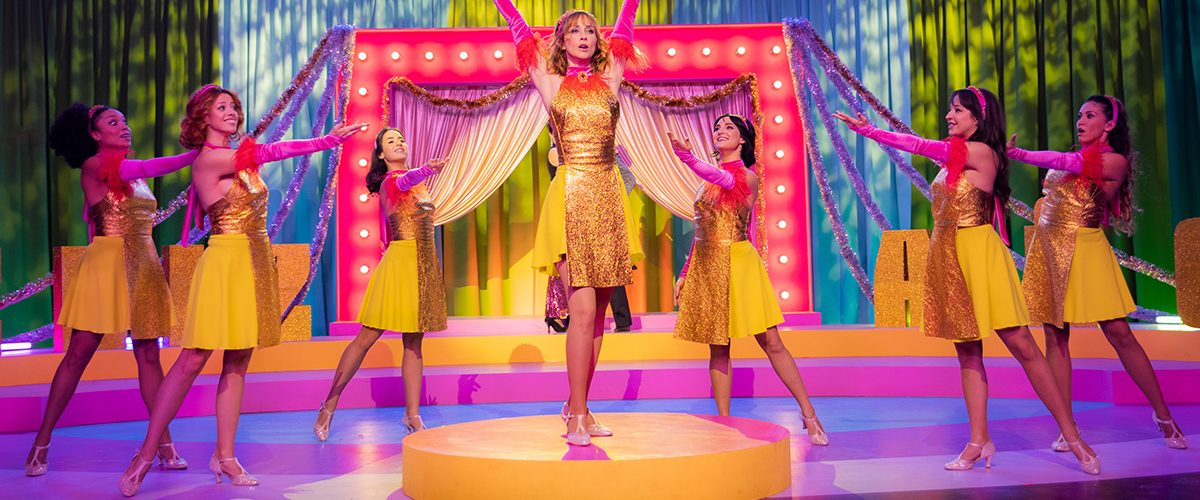Returning for its 28th consecutive year, ¡Viva! Spanish and Latin American Festival lands at HOME, Manchester for a celebration of cultures and voices from across the Spanish-speaking world.
Over the next three weeks the venue will host several UK exclusive premieres as well as screening classics from genius film director, Luis García Berlanga. From Latin American cinema buffs to those who just want to see something fresh on the roster, there is a film for everyone on the line-up with the films covering a wide range of genres – coming-of-age dramas, capitating documentaries, and an explosive musical. This year, the festival features many familiar names in Spanish cinema including Ingrid García Jonsson, Blanca Portillo and Emma Suárez. Guests from four of the titles will give a post-screen Q&A to answer your questions about the films.
To find out more about this feel-good festival, we spoke to HOME’s Head of Film and festival curator, Rachel Hayward where she reveals her favourite film and how the festival champions fresh talent.

How did the festival start?
Rachel: “It very much came from a moment of importance in Spanish cinema; there were some interesting films coming out at that time. What’s impressive is that it started as a Spanish festival, now it’s Spanish and Latin American. The festival focuses on Spanish-speaking countries within Latin America, so we have other languages within the festival, like Catalan.”
What is the inspiration behind the name ¡Viva!?
Rachel: “It’s the feeling of the festival. That celebratory sense of the festival, that fiesta idea is what we carry forward now. If we gave ¡Viva! an identity that would be it, it’s a joyous and celebratory thing so the name really encompasses that.”
How does ¡Viva! stand out from other European film festivals?
Rachel: “What’s important for venues like HOME is that we have a connection with our audience. This is not what differentiates us from other festivals, this is what makes festivals so special. Connections with your local audiences and giving people opportunities to experience things they might not get to do. You may be able to speak to a film director in a language that you’re learning for example.
“We’ve brought films to the festival that just wouldn’t be seen in the UK and certainly wouldn’t been seen in Greater Manchester. Most of our films can only be seen in the UK in Manchester, so that exclusivity is really important.”
Which film are you most excited for?
Rachel: “There’s a relatively small number of films in the festival so we love them all! I tend to lean towards more issue-based films, the one I particularly love this year is ‘Nudo Mixteco’. It’s from Mexico and tells the story of three indigenous women and their lifestyles – it’s a beautiful film.
“One of our films is a preview, so it will have a UK release later in the year, is ‘Clara Sola.’ It’s an interesting and beautifully done film but it has quite challenging aspects too. The film is a story of a 40-year old woman who has lived a very sheltered life with lots of difficulties. It’s about her sexual awakening in some ways and her aspirations about her own life.”
Explota Explota is described as a “feelgood musical romcom”, do you think this could be the next ‘Mamma Mia!’?
Rachel: “I’d love it to be! ‘Mamma Mia!’ is a good comparison because the songs within the film are famous songs that Spanish and European audiences will be familiar with. The film was constructed around those songs to showcase them. It definitely has a ‘Mamma Mia!’ element for sure.”
Is watching films from the festival a good entryway into learning a new language?
Rachel: “That was my route into film! The reason I started watching European films is because I was learning French and German. We can’t travel all of the time, or hear different accents and intonations, so watching films can be so important.”
How will ¡Viva! inform a better appreciation for film as a whole?
Rachel: “We’ve still got these repercussions of the pandemic so having international film is such a brilliant window to the world that we’ve not been able to explore. It’s a way to learn about history and culture. It’s also a great way to interrogate ourselves about who’s making those films – whose voices don’t we hear? We give opportunities to voice those filmmakers whose work is not necessarily shown, and signpost things to audiences that they might not know about. That worldview is really important I think.”
Why is it so important to champion this new talent?
Rachel: “There’s a wealth of new talent coming through from Spain and Latin America and part of the festival gives us opportunities to showcase new voices, opinions, and ideas. There’s an obligation there, not just wanting to do it but also in terms of diversity.
What kind of impact does hosting big-name directors in the Latin American and Spanish community have?
Rachel: “It impacts the audience in a really positive way. People know that they’re going to get the best film choices means they’re going to tell other people about the festival. We’re able to secure funding for when we get these big-name directors which help us profile ¡Viva! both nationally and internationally. Ensuring these directors have a really good experience in Manchester is hugely important.
“In each country we work in, we want to have a really positive impact on new and established filmmakers. We track a lot of first-time film directors, and we want to showcase those films. There are several directors that have worked one festival before or even all of them and we want to champion their work. We want longevity through association with directors, but also showcasing first-time directors in a UK festival.”
“For us, that drive towards societal change underpins a lot of what we do”
How does HOME aim to promote more gender, race, and disability inclusivity?
Rachel: “This is really important for me as it’s not something you can sit back on and hope that you’ve done it. It’s a continuous area to work on and we look at how we can build on things. In terms of diversity, working with partnerships is important so that it’s not just my worldview that’s seen.
“Diversity needs to be looked at three different areas – what’s on people’s screens, who the audiences are, and who we’re working with. It’s important that we have a broad range of stories, histories, and voices on our screens; and we’re promoting them through the appropriate channels”.
How is important is film for advocating societal change?
Rachel: “For us, that drive towards societal change underpins a lot of what we do. Every month we look at the films on show and we think about the societal message and so many of our films have that at the heart of them. Whether they’re documentaries or dramas, it’s a crucial driver for change. HOME is a place with space so we try and have opportunities that are free, or at very low cost, where people can come and have discussions. We have an ongoing strand at the moment around environmental work which is very crucial”.
¡Viva! Spanish and Latin American Festival 2022 runs from 18 March to 7 April 2022.





